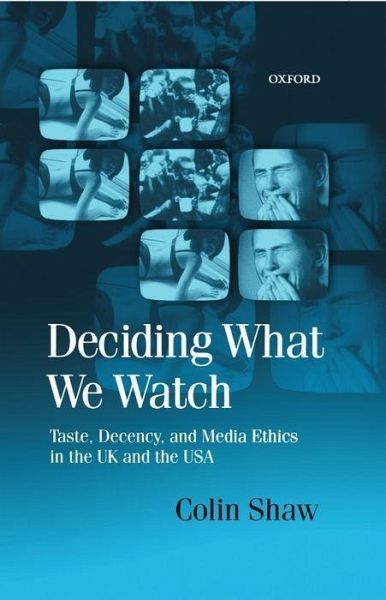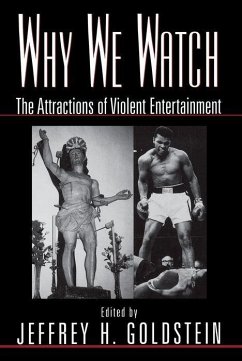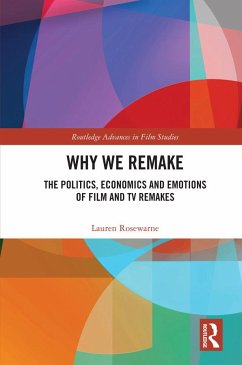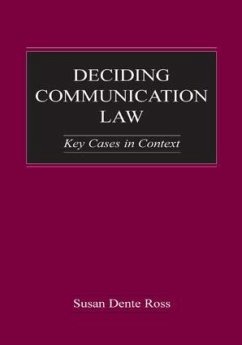
Deciding What We Watch
Taste, Decency and Media Ethics in the UK and the USA
Versandkostenfrei!
Versandfertig in 1-2 Wochen
212,99 €
inkl. MwSt.

PAYBACK Punkte
106 °P sammeln!
The recent history of broadcasting on both sides of the Atlantic, characterized by a great increase in the number of services on offer to the public, has been brought about by technological advances and economic pressures. This has inevitably affected traditional forms of content regulation. The book explores the moral basis and history of such regulation as it has until now been applied to major issues of taste and decency. These include the protection of children, obscenity and bad language, offences against religious sensibility, `reality' television, and stereotyping. Deciding What we Watc...
The recent history of broadcasting on both sides of the Atlantic, characterized by a great increase in the number of services on offer to the public, has been brought about by technological advances and economic pressures. This has inevitably affected traditional forms of content regulation. The book explores the moral basis and history of such regulation as it has until now been applied to major issues of taste and decency. These include the protection of children, obscenity and bad language, offences against religious sensibility, `reality' television, and stereotyping. Deciding What we Watch? considers the different constraints (in the law, cultural customs, and self-regulation) affecting broadcasters in the two societies and the means by which they have responded to them. The book describes, with examples, the operations of compliance regulations and standard controls. It also looks at the impact of the First Amendment on American broadcasting in this area. It looks at the arguments for the practicality of maintaining appropriate forms of restraint into the future. Deciding What we Watch? poses the question of how divided and diverse societies decide what is permissible to broadcast and how the issue might continue to evolve in the future.












